Diploma in Civil Engineering ensures a promising future with diverse career paths in construction and infrastructure. The program's practical focus equips graduates for immediate roles, offering benefits of industry relevance, job security, and potential for specialization.
Future Scope & Benefits of Diploma in Civil Engineering
The future scope of a Diploma in Civil Engineering is promising, offering a direct entry into the workforce with practical skills in construction, surveying, and project management. Graduates contribute to global infrastructure development, ensuring diverse career opportunities in the public and private sectors. The shorter duration of the program provides a quicker pathway to employment, while the potential for specialization and further education enhances long-term prospects. The diploma's hands-on approach equips individuals with real-world challenges, making them valuable assets in the dynamic field of civil engineering, where the demand for skilled professionals remains consistently high.
Future Scope of Diploma in Civil Engineering:
The future scope of a Diploma in Civil Engineering is promising, with a rising demand for infrastructure development globally. Graduates are well-positioned for careers in construction, project management, and urban planning. The practical skills acquired during the program prepare individuals for immediate entry into the workforce, contributing to the ever-evolving field of civil engineering.
-
Employment Opportunities: A diploma in civil engineering opens doors to a wide range of employment opportunities in the construction and infrastructure sectors. Graduates can work in various roles such as site engineers, project coordinators, or construction supervisors.
-
Infrastructure Development: As countries continue to invest in infrastructure development, there is a growing demand for skilled civil engineers. This includes the construction of roads, bridges, buildings, and other essential structures.
-
Urbanization Challenges: With the ongoing trend of urbanization, there is a need for civil engineers to address challenges related to urban infrastructure, transportation, and sustainable development.
-
Government Projects: Many civil engineering projects are initiated by government bodies. Diplomates may find opportunities to work on government projects related to public infrastructure, sanitation, and disaster management.
-
Global Opportunities: The skills acquired through a diploma in civil engineering are transferable globally. Graduates may explore opportunities to work on international projects and contribute to infrastructure development in different parts of the world.
-
Specialization Paths: Civil engineering is a diverse field, and graduates can specialize in areas such as structural engineering, transportation engineering, geotechnical engineering, or environmental engineering, depending on their interests and career goals.
Benefits of Diploma in Civil Engineering:
The Diploma in Civil Engineering offers numerous benefits, providing a practical and comprehensive foundation in the field. Graduates gain hands-on skills in construction, surveying, and project management, making them immediately employable. The program's shorter duration allows for a quicker entry into the workforce.
-
Quick Entry to the Workforce: A diploma program is generally shorter in duration compared to a degree, allowing graduates to enter the workforce more quickly. This is advantageous for those who want to start their careers sooner.
-
Practical Skills: Diploma programs often focus on practical, hands-on training. This is beneficial for students who prefer a more application-oriented approach to learning and want to acquire skills that are directly applicable in the workplace.
-
Cost-Effective Education: Diplomas are often more cost-effective than degree programs. This can be advantageous for students who want to gain valuable skills without incurring the higher costs associated with a full-fledged degree.
-
Industry-Relevant Curriculum: Diploma programs are designed to provide students with skills and knowledge that are directly relevant to the needs of the industry. This ensures that graduates are well-prepared for the challenges of the workforce.
-
Flexibility in Career Paths: The broad nature of civil engineering allows for flexibility in career paths. Graduates can choose to work in various sectors, including construction, consulting, and government, or even start their own ventures.
-
Foundation for Further Education: For those who aspire to pursue higher education in the future, a diploma can serve as a solid foundation. Graduates can choose to upgrade their qualifications by pursuing a degree or other advanced certifications.
 3 Years
3 Years
 Diploma
Diploma
 Engineering
Engineering

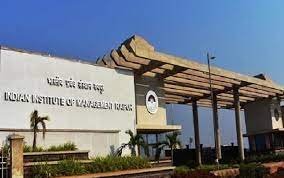
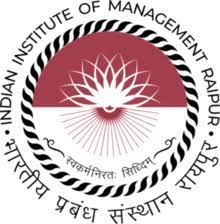

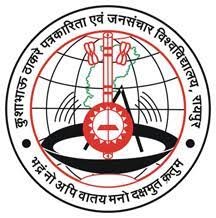
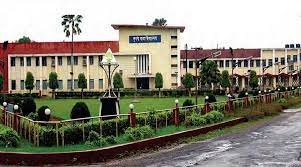
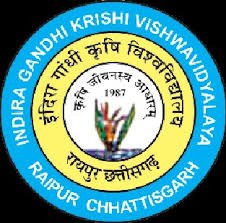
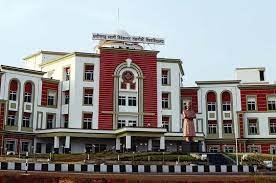

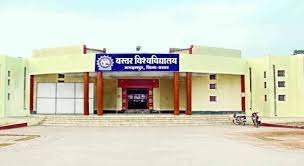

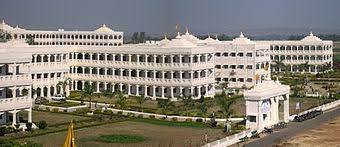


 back
back

